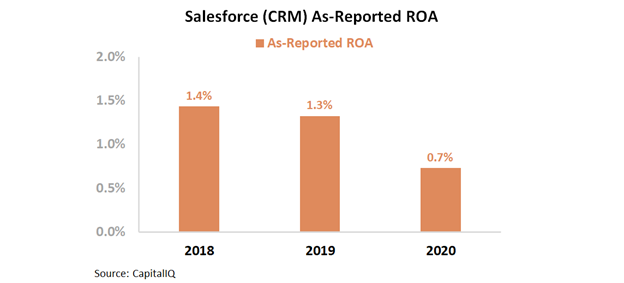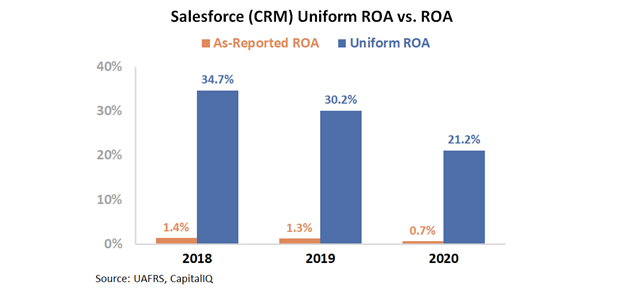 Time management is a recent concept relative to the span of, well, time...
Time management is a recent concept relative to the span of, well, time...
This week on our all-hands call, I coached our teams on improving time management. This concept only gained widespread attention in the past 50 years or so.
Before that, the term "time management" was relegated to railroads and farms. It wasn't about people managing their own time... It was about making sure processes stayed on time.
Today, time management is seen as a necessary skill for navigating and succeeding in business and life.
Today, Peter Drucker gets much of the credit for the realization of how important this concept is. He's known as the founder of modern management, and his writings on management theory and practice are some of the most influential to this day.
Drucker explained how humans organize across business and government. He also contributed to the philosophical foundations of the modern business corporation. In his notion, time studies precede planning, not the other way around. As Drucker once said...
Effective executives... do not start out with their tasks. They start out with their time. And they do not start out with planning. They start by finding out where their time actually goes.
Drucker is also an originator of the statement: "Time is the scarcest resource."
Here at Altimetry, we've recently been discussing our objectives and key results ("OKRs"). We're constantly looking for ways to improve the company, and up-to-date OKRs allow us to set goals and define what outcomes we want to achieve. Of course, time management is a big piece of this.
With Drucker in mind, we plan our OKRs not just by asking, "Where do we want the company to go?"... We also ask, "Where are we spending our time now?"
This way, we can evaluate if we're thinking of the right major focuses for the business – considering where we're spending our time. Additionally, we can better ask if we've been spending our time in the right places.
 Today, software firm Salesforce (CRM) focuses on helping companies understand if they're hitting their OKRs...
Today, software firm Salesforce (CRM) focuses on helping companies understand if they're hitting their OKRs...
This rings true for any employee involved in the "sales funnel" of generating revenue. This is because Salesforce's product began as a customer relationship management tool.
The company's platform gives management a better window into how salespeople are closing and servicing accounts. Marketing and customer support services can also be tracked over time.
Salesforce brings sales, marketing, and customer support teams together – thus creating a more holistic relationship with the customer.
This process can aid a business by building sustainable customer relationships, reducing the cost of sales, and improving customer retention.
Salesforce's platform allows employees to understand how their peers are working with each client. It can also automate some tasks, so the sales team can focus more on sales.
Managers can then take the data and create and monitor OKRs. For example, the Salesforce platform allows users to track sales per day dynamically. They can also see where time is being spent and try to fix who is working on what. All of this leads to more efficiency.
Considering the power of Salesforce's solution, investors might assume that this would lead to high returns. However, using as-reported metrics, it appears that Salesforce's profitability has been low. Over the past three years, the company's return on assets ("ROA") has been wallowing around 1%. Take a look...
But this isn't an accurate representation of Salesforce's profitability. GAAP's treatment of stock option and amortization expenses, among other distortions, are both suppressing the company's earnings and inflating its asset base.
In reality, Salesforce's Uniform ROA is high. Although returns have been sliding over the past three years, they're still robust – ranging from 35% in 2018 to 21% this year.
Salesforce provides its customers with an essential service. Not only does it simplify the sales process, it gives insights into how companies allocate time. By using Salesforce's platform, businesses can get a better window into their lifeblood: the sales process.
Uniform Accounting shows Salesforce has high returns due to its intuitive platform. Contrary to what investors looking at bad data might think, supplying management teams with a better understanding of their sales funnel is leading to outsized returns.
Regards,
Joel Litman
November 13, 2020
P.S. Are there any other services that help you with time management? Let us know at [email protected], and we might take a deeper look at those companies from a Uniform Accounting perspective.



 Time management is a recent concept relative to the span of, well, time...
Time management is a recent concept relative to the span of, well, time...



